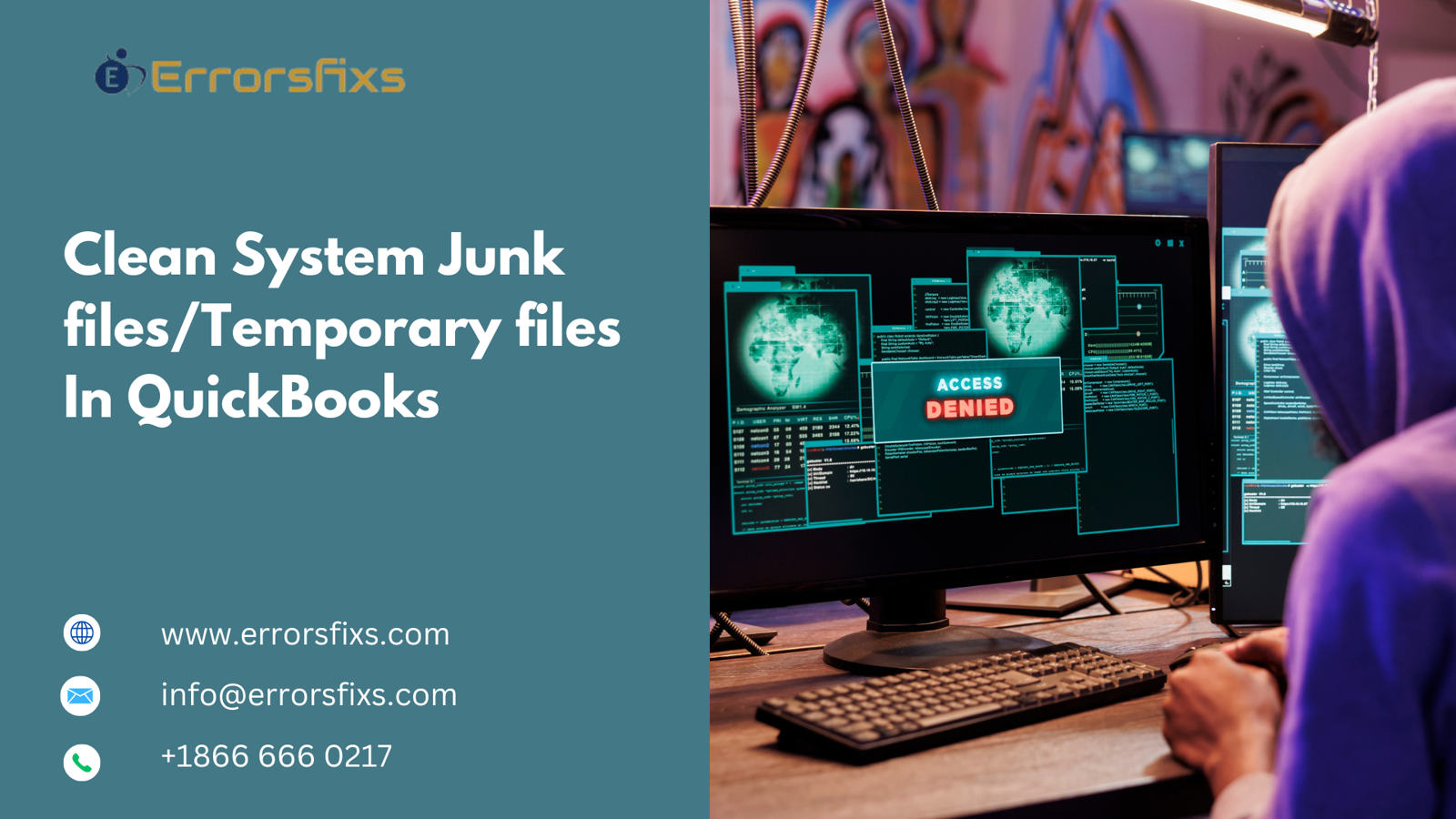
QuickBooks is a workhorse for many businesses, handling finances and keeping everything organized. However, over time, temporary files and system junk can accumulate, potentially impacting performance. This comprehensive guide explores the different types of junk files associated with QuickBooks, their impact, and effective cleaning methods to keep your system running smoothly.
Understanding What Clutters Your QuickBooks Experience
1. Temporary Files:
QuickBooks, like most software, creates temporary files during operation. These files assist with various tasks, such as calculations, data previews, and report generation. While these files are usually deleted automatically upon closing QuickBooks, some might linger, causing clutter.
2. Internet Temporary Files (Browser Cache):
If you access online features within QuickBooks, your web browser stores temporary files related to those functionalities. This cache helps websites load faster upon revisiting them, but it can grow over time, impacting overall system performance.
3. Application Leftovers:
When you uninstall software, remnants of files or registry entries might remain. These leftover files associated with previous QuickBooks installations can contribute to system clutter.
4. Recycle Bin Files:
Deleted files, including temporary files you might have deleted from within QuickBooks, often reside in the Recycle Bin until permanently erased. While the Recycle Bin acts as a safety net for accidental deletions, it occupies storage space until emptied regularly.
5. Windows Temporary Files:
The Windows operating system itself generates temporary files for various background tasks. While some get cleaned automatically, others might require manual deletion for optimal system performance.
The Impact of System Junk on QuickBooks
While seemingly insignificant, accumulated junk files can negatively impact QuickBooks in various ways:
Reduced Performance: Excess temporary files can strain system resources like RAM and storage space, leading to slower loading times, sluggish behavior, and potential crashes.
Disk Space Consumption: Unnecessary files occupy valuable storage space, potentially causing issues when saving new data or backing up your QuickBooks file.
Security Concerns: Outdated application leftovers or cached data might harbor security vulnerabilities if not properly addressed.
Strategies for a Clean and Optimized System
Now that you understand the types of junk impacting QuickBooks, here's how to tackle them:
1. Disk Cleanup Utility (Windows):
Windows offers a built-in Disk Cleanup utility. Navigate to "This PC" (or "My Computer"), right-click on your primary drive (usually C:), select "Properties," and then "Disk Cleanup." Choose the file types you want to clean, including temporary files, and click "Clean up system files" for a more comprehensive clean-up.
2. Clear Browser Cache:
Every web browser has a built-in option to clear cache and cookies. Access the settings menu of your browser (Chrome, Firefox, Edge, etc.) and locate the option to clear browsing data. You can choose to clear all data or specify a time range.
3. Uninstall Old QuickBooks Installations:
If you have remnants of previous QuickBooks installations, uninstall them completely using the Windows "Programs and Features" menu. Select the unwanted version and choose "Uninstall."
4. Empty the Recycle Bin:
Regularly empty the Recycle Bin to permanently remove deleted files. Right-click on the Recycle Bin icon and select "Empty recycle bin."
5. Utilize Third-Party Cleaning Tools (Optional):
Several reputable third-party system cleaning tools offer deep cleaning functionalities. Use these tools with caution and ensure they are from trusted sources.
QuickBooks Desktop Specific Tip:
Although not technically "junk," consider using the "Condense Data" utility within QuickBooks Desktop (Edit > Condense Data). This optimizes your company file by removing unnecessary historical data, potentially freeing up space and improving performance.
Maintaining a Clean System: A Habit for Smooth Operations
Here are some practices to prevent future system clutter and maintain optimal QuickBooks performance:
Regular System Maintenance: Schedule periodic cleaning using the Disk Cleanup utility and clear your browser cache frequently.
Uninstall Unused Programs: Regularly review installed programs and uninstall applications you no longer use.
Enable Automatic Updates: Keeping Windows and QuickBooks updated ensures optimal performance and minimizes security vulnerabilities.
Consider a Dedicated System: If resources allow, dedicate a computer specifically for QuickBooks operations. This helps minimize clutter from other software and tasks.
Conclusion:
By understanding the types of system junk and temporary files impacting QuickBooks, and by implementing the cleaning strategies outlined above, you can ensure a clean and optimized system for a smooth QuickBooks experience. Remember, maintaining a clean system is an ongoing process, but by incorporating these practices into your routine, you can keep your QuickBooks running efficiently and focus on what matters most – managing your finances effectively.
Visit us : https://www.errorsfixs.com/clean-system-junk-files-in-quickbooks/





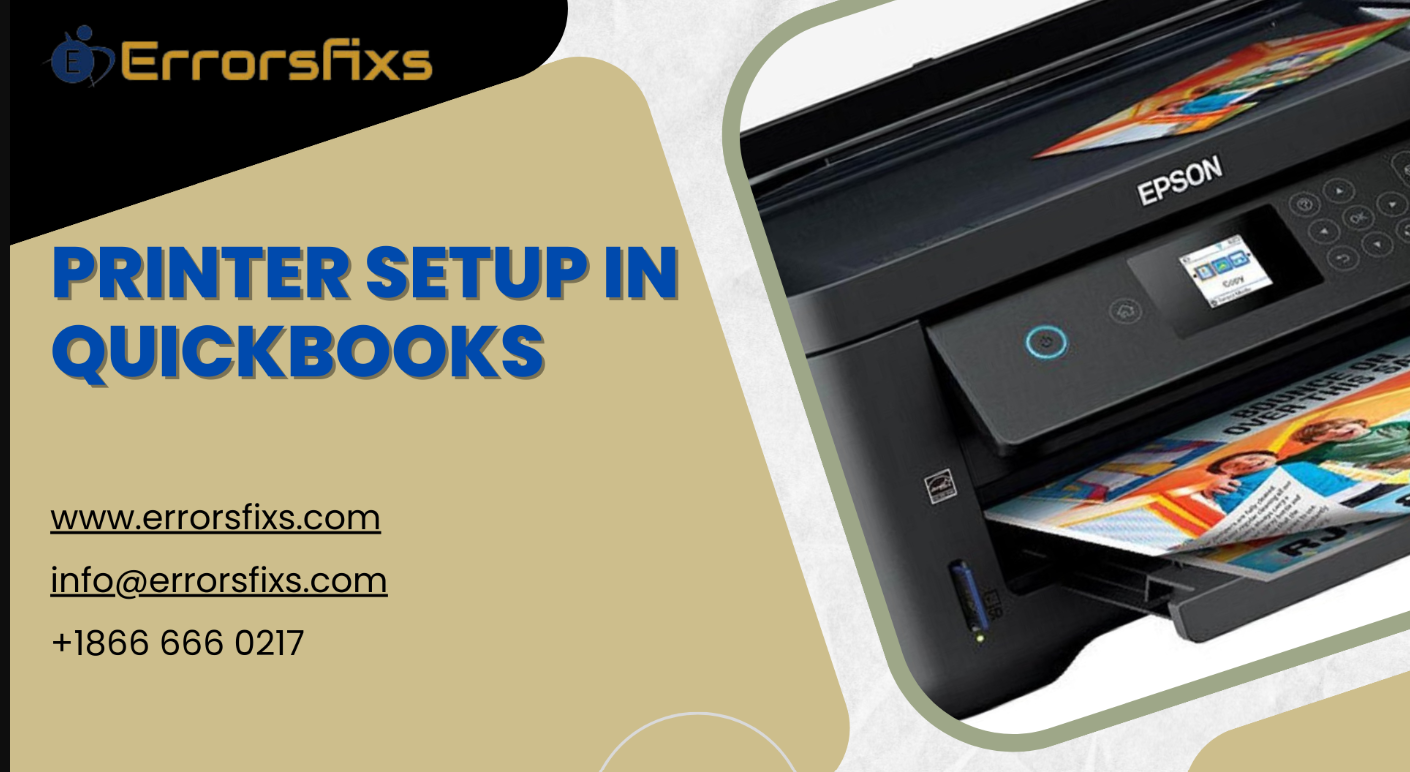


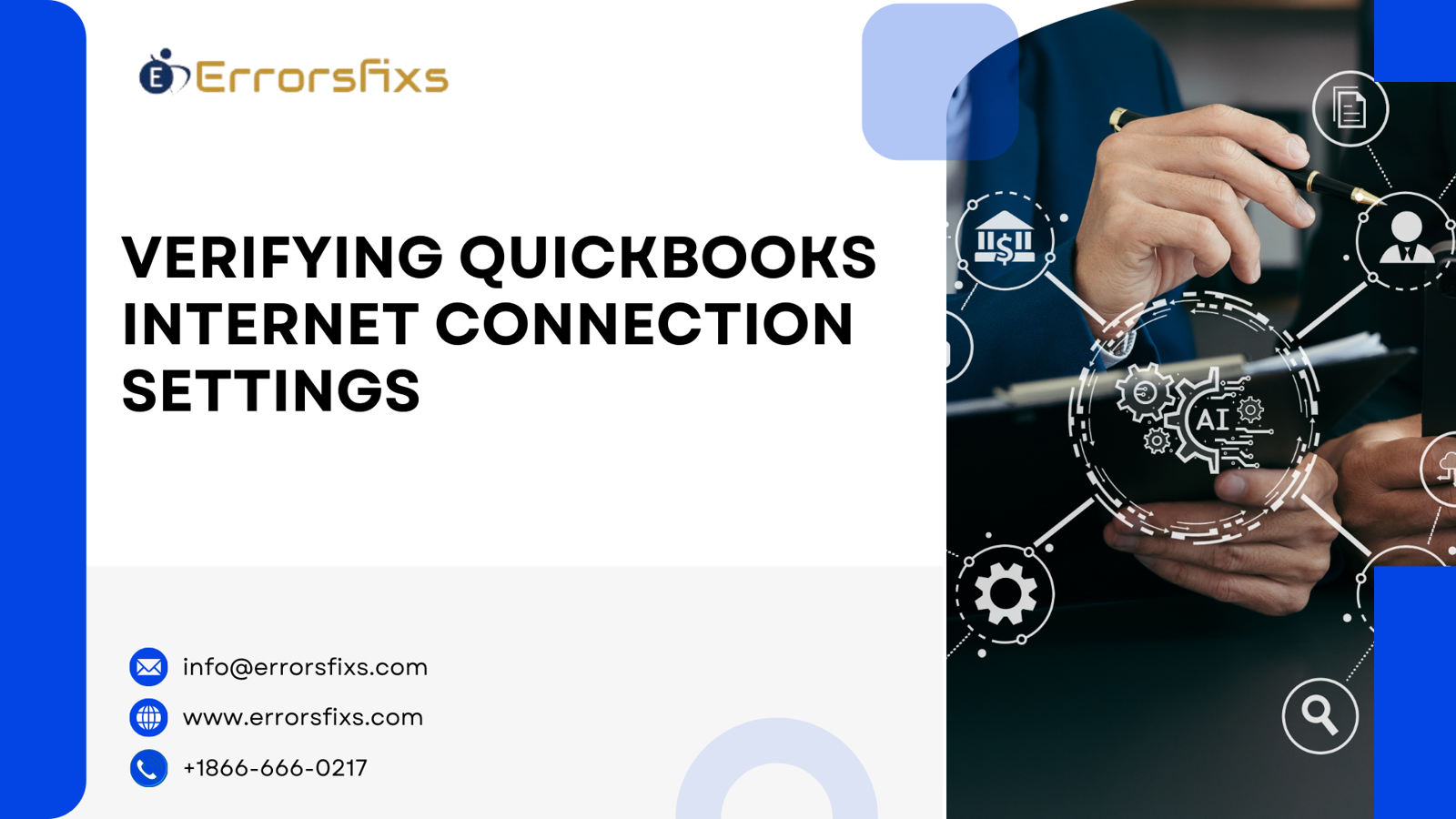




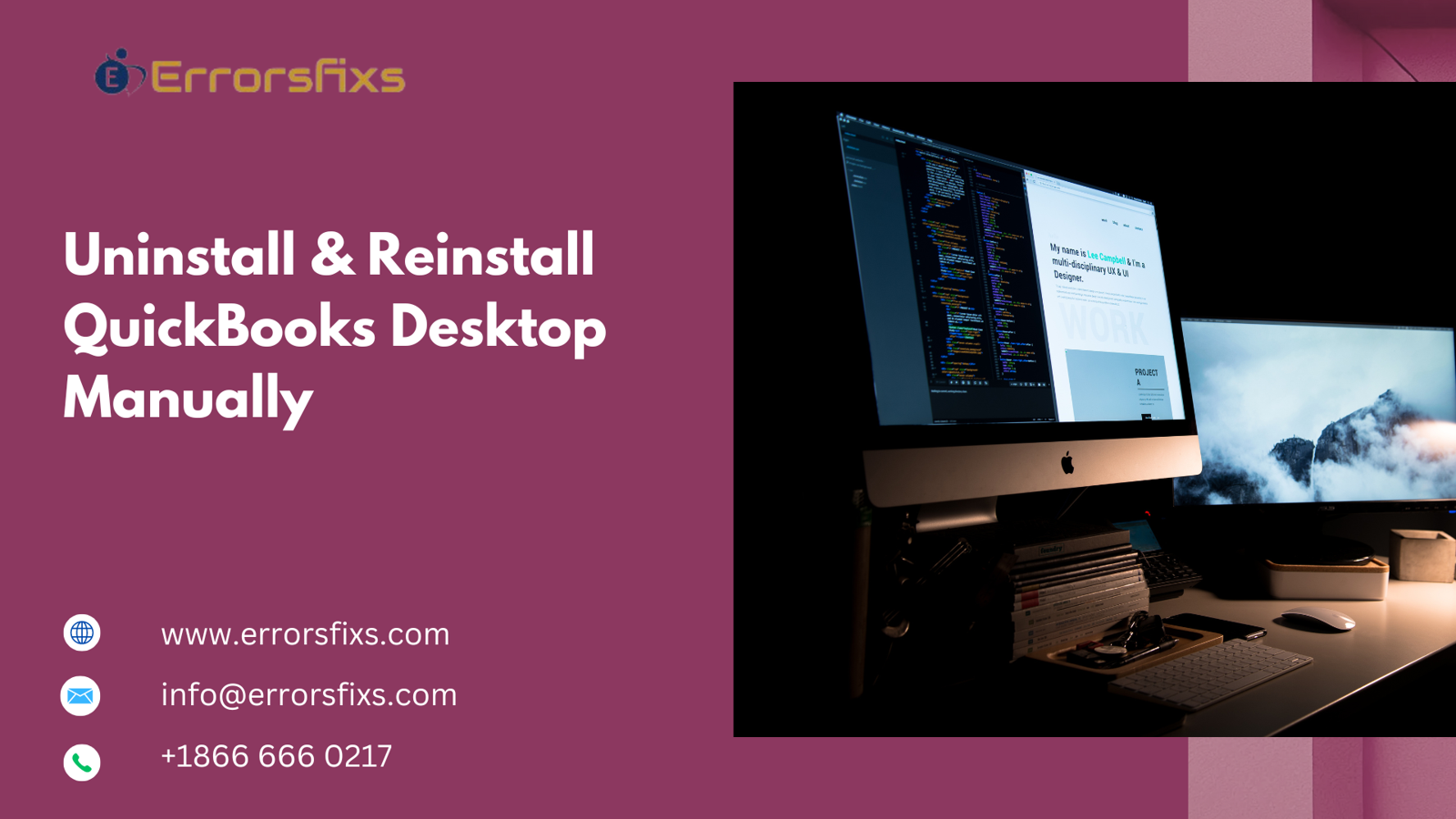

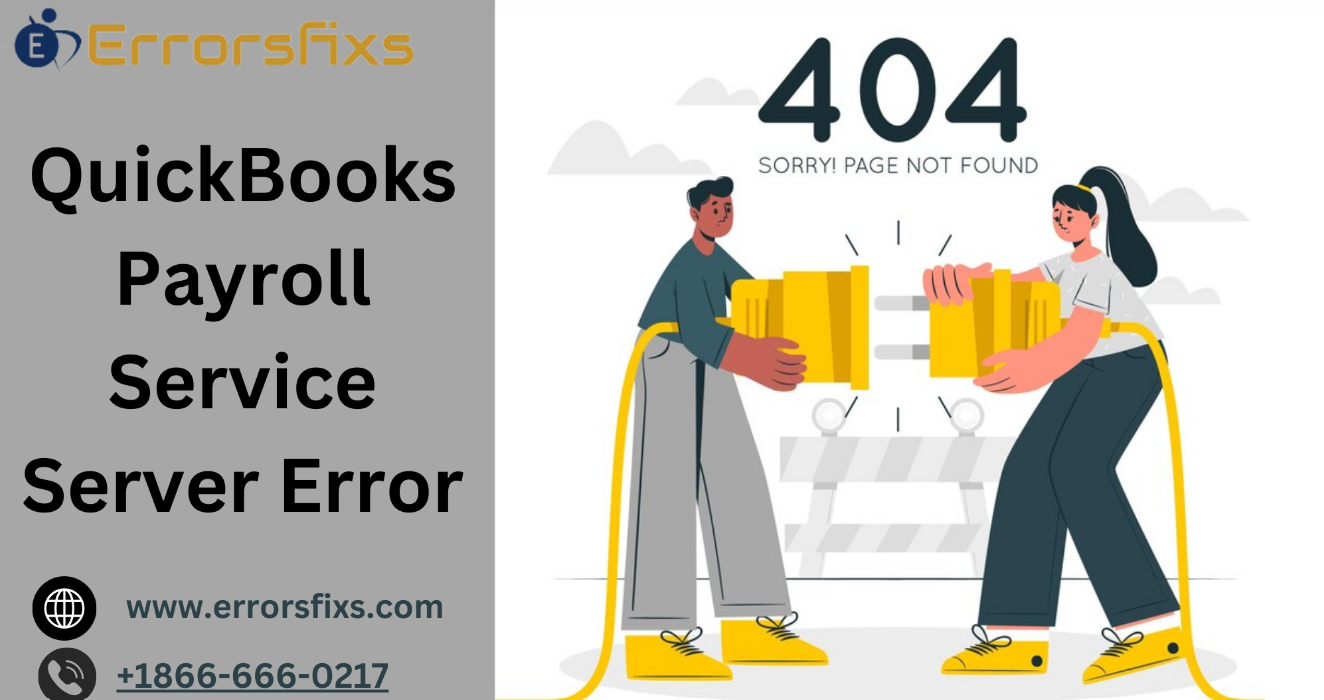
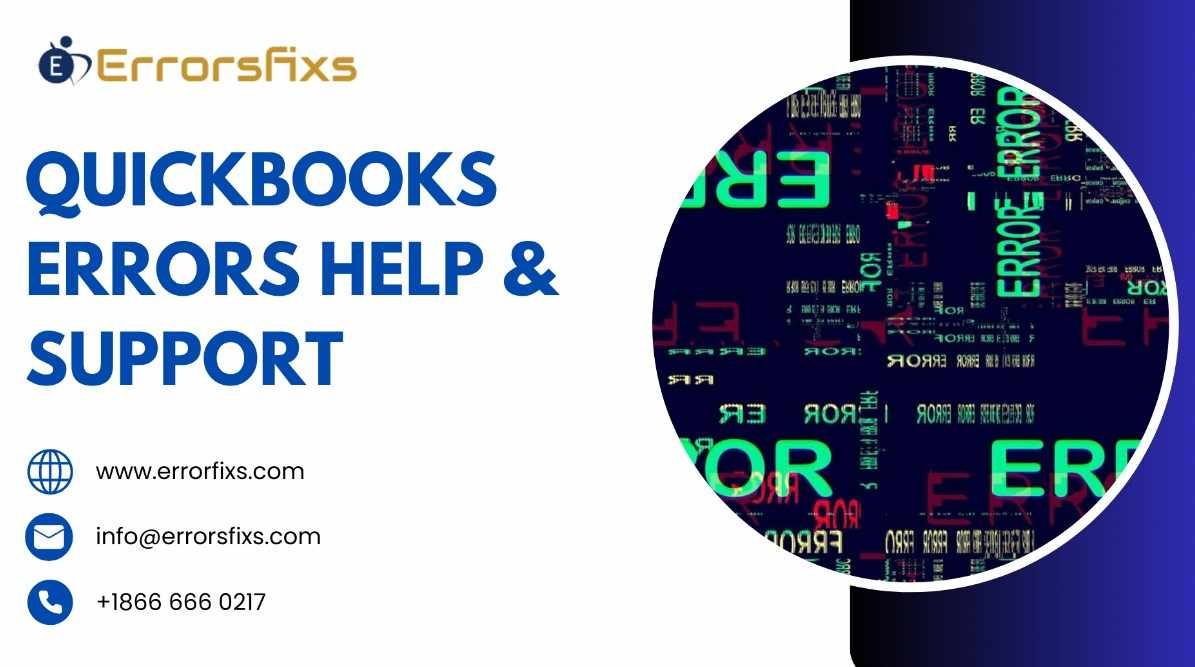
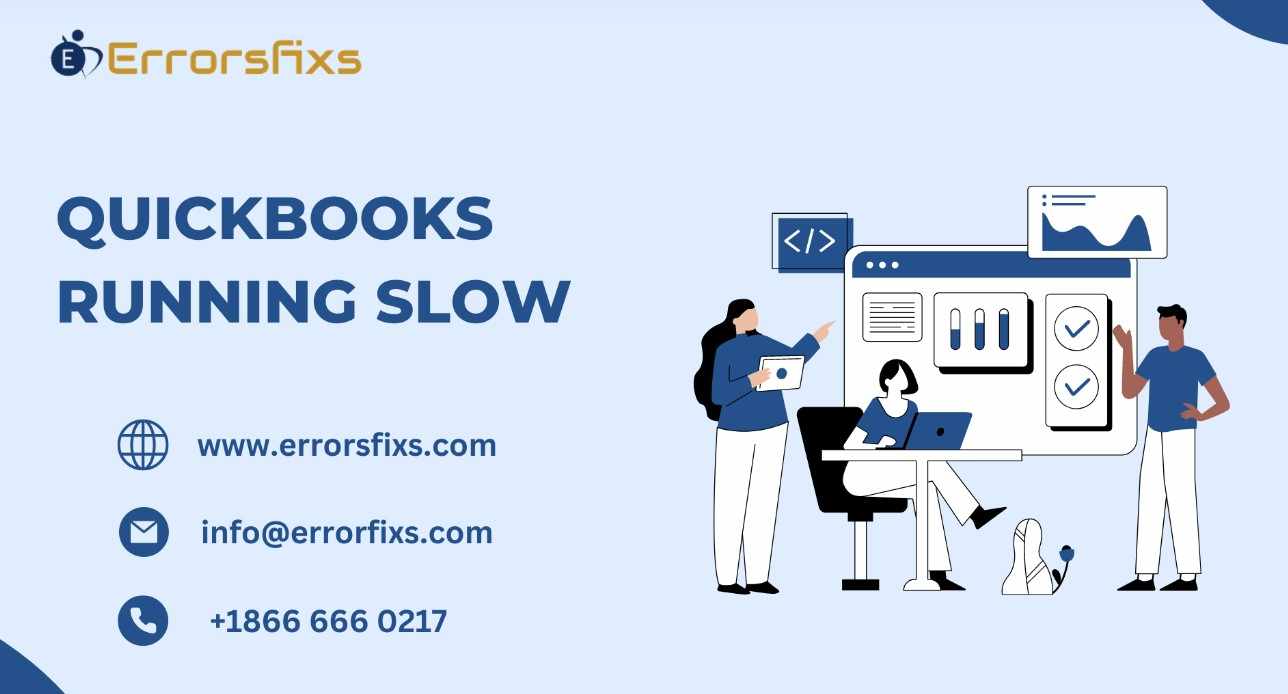
.png)
Write a comment ...